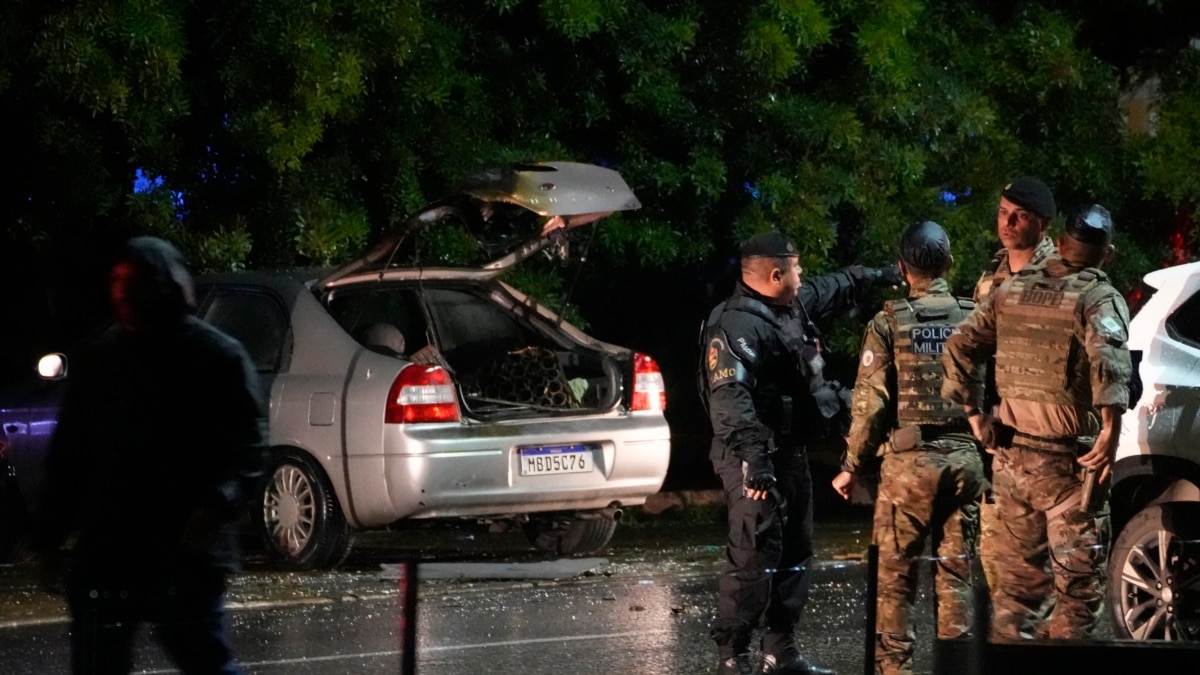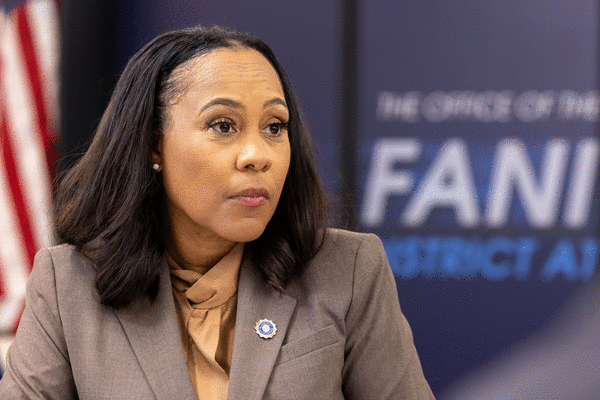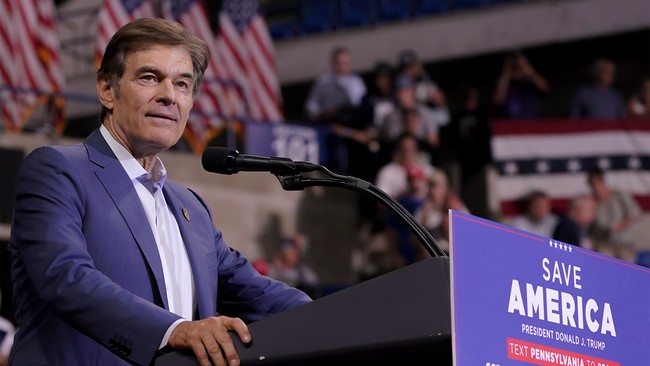Explosions Shake Brazilian Supreme Court
Explore the explosive incident near Brazil's Supreme Court that has intensified security measures ahead of the G20 Summit and sparked political controversy.
Published November 15, 2024 - 00:11am

Image recovered from voaportugues.com
A recent security breach unfolded in Brazil as a man detonated explosives near the Supreme Court in Brasilia, leading up to the G20 Summit. This dramatic incident has reverberated through the corridors of power, highlighting vulnerabilities amid heightened political tensions in the country.
Authorities in Brazil were jolted when two explosive devices were triggered near the iconic Supreme Court building in Brasilia. The unsettling incident occurred as international leaders prepared to converge in Rio de Janeiro for the G20 Summit, an event intended to focus on global economic challenges and cooperation. The first explosion sent shockwaves through a nearby parking lot and was followed by a second detonation at the entrance to the Supreme Court. Initial reports suggest the perpetrator, identified as Francisco Wanderley Luiz, a former candidate from Jair Bolsonaro's party, perished in the attack without injuring others.
The man seemingly acted alone, donning a belt of explosives and attempting to breach the Supreme Court's entrance. However, when prevented by security from entering the building, he unleashed chaos by detonating a device in front of the iconic judiciary seat, leading to his death. This act of violence underscores deep-seated political rifts in the country, recalling past insurrections like the January 8th riots inspired by Bolsonaro's radical supporters, infuriated by his electoral defeat.
Deploying a bomb disposal robot, law enforcement remained cautious, considering the risk of additional explosives. In questioning whether this incident could signify a broader conspiracy or a 'lone wolf' act, officials seemed hopeful for the latter. Meanwhile, Vice Governor Celina Leao confessed uncertainty over the ultimate motives behind this isolated but jarring incident.
Forensic examinations took place in tense circumstances, with investigators gingerly assessing potential secondary devices. Police efforts to safely manage evidence were challenged by the threatening presence of explosives near Luiz's remains. These high-stakes procedures sought to minimize risks, ensuring public and state security during this volatile episode.
Political leaders, including Supreme Court justices, swiftly evacuated the complex post-explosions. Brazil's President Luiz Inacio Lula da Silva was confirmed to be absent from the executive palace during the blasts, annulling concerns over his immediate safety. Lula's scheduled engagements comprise the imminent G20 Summit and a highly publicized meeting with his Chinese counterpart, Xi Jinping, demanding robust security protocols during these high-profile events.
Law enforcement reaffirmed a commitment to resolute investigation practices, promising rigorous scrutiny and transparency over this disconcerting attempt to disrupt governmental precincts. Public sentiment bubbled with anxiety, with citizens questioning their safety amidst recurring political violence.
This attack has catalyzed a security review, intensifying scrutiny on Brazil's readiness to withstand potential threats from political extremists. Historical parallels, drawn between this and previous attacks on key democratic institutions, emphasize ongoing challenges faced by the Lula administration in stabilizing political tensions instigated under Bolsonaro's divisive politics.
Moreover, this incident has highlighted underlying challenges characteristic of contemporary Brazilian governance. As justice officials commit to safeguarding democratic principles, societal divisions remain stark, illustrating a nation grappling with ideological discontent. The intersection of vigilance and justice remains crucial as Brazil navigates its path toward greater political stability.
In light of anxieties over Brazil's public safety, leaders affirmed their dedication to secure and orderly proceedings during forthcoming international engagements. Enhanced security frameworks around government facilities, refined through past adversities, epitomize Brazil's resilience and determination to protect its democratic legacy from contemporary and emerging threats.







